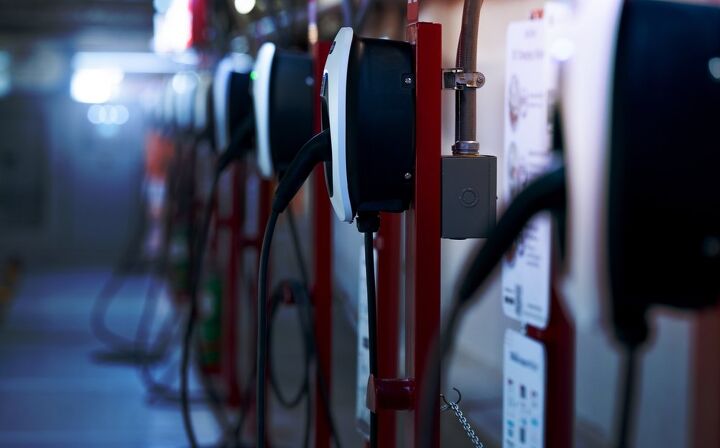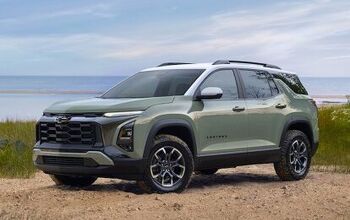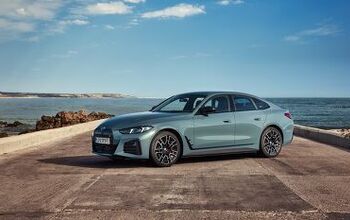Retail Giants Step Up: Costco, Ikea, Target, and Walmart Join the EV Charging Movement
A recent study by Consumer Reports sheds light on the current landscape of electric vehicle (EV) charging stations in the United States, focusing on the role of retailers. The research, which examined over 270,000 store locations across various retail categories, reveals a vast potential for growth in EV infrastructure through retail participation. Despite the low presence of EV charging facilities at retail locations, there are substantial benefits and federal incentives available for retailers willing to invest in this area.
Retailers and EV Charging Availability
The analysis encompassed a broad range of retail categories, including big box stores, grocery stores, drugstores, department stores, convenience stores, and discount stores. Findings indicate that EV charging stations are notably scarce across all retail types, with an average availability ranging from one in every 14 big box store locations to one in every 40 department stores. This scarcity highlights a significant gap in the current EV infrastructure and the opportunity for retailers to become more involved.
Benefits of EV Charging for Retailers
The addition of EV charging stations not only serves the growing number of EV drivers but also offers several advantages for retailers. Data suggests that installing EV chargers can increase store foot traffic by an average of 4 percent and revenue by 5 percent. Moreover, the majority of retail locations in the U.S. qualify for federal benefits that cover 30 percent (up to $100,000) of the installation costs, making it a financially viable initiative for many businesses.
The Triple Bottom Line
Installing EV chargers aligns with the concept of the triple bottom line, benefiting people, the planet, and profits. Retailers can attract more customers, enhance their brand image, and take advantage of federal incentives. Additionally, the strategic placement of charging stations can make sustainable transportation options more accessible to all communities, emphasizing the importance of equity in these efforts.
Consumer Interest and Retailer Commitment
The study also includes survey data revealing that many Americans are considering EVs, but the lack of convenient charging options poses a significant barrier. While some retailers like IKEA have made notable progress by offering EV charging at nearly all of their U.S. locations, others lag far behind, with no leading fast-food chains providing significant EV charging facilities.
Recommendations for Retailers
To address the growing need for EV infrastructure, Consumer Reports urges retailers to:
- Establish and adhere to specific timelines for EV charger installation.
- Consider equity in site selection to ensure accessibility in underserved communities.
- Educate both customers and employees about EV charging.
- Maintain transparency regarding charging locations and services.
- Ensure the durability and reliability of charging stations through proper maintenance.
Conclusion
Retailers possess a unique opportunity to play a crucial role in expanding the EV charging network across the United States. By investing in EV infrastructure, retailers can not only contribute to the environmental cause but also derive economic benefits through increased customer engagement. The encouragement of federal incentives further supports this initiative, offering a strategic avenue for businesses to partake in the clean transportation future.
This article was co-written using AI and was then heavily edited and optimized by our editorial team.
More by TTAC Staff
Latest Car Reviews
Read moreLatest Product Reviews
Read moreRecent Comments
- Bd2 Eh, the Dollar has held up well against most other currencies and the IRA is actually investing in critical industries, unlike the $6 Trillion in pandemic relief/stimulus which was just a cash giveaway (also rife with fraud).What Matt doesn't mention is that the price of fuel (particularly diesel) is higher relative to the price of oil due to US oil producers exporting records amount of oil and refiners exporting records amount of fuel. US refiners switched more and more production to diesel fuel, which lowers the supply of gas here (inflating prices). But shouldn't that mean low prices for diesel?Nope, as refiners are just exporting the diesel overseas, including to Mexico.
- Jor65756038 As owner of an Opel Ampera/Chevrolet Volt and a 1979 Chevy Malibu, I will certainly not buy trash like the Bolt or any SUV or crossover. If GM doesn´t offer a sedan, then I will buy german, sweedish, italian, asian, Tesla or whoever offers me a sedan. Not everybody like SUV´s or crossovers or is willing to buy one no matter what.
- Bd2 While Hyundai has enough models that offer a hybrid variant, problem has been inadequate supply, so this should help address that.In particular, US production of PHEVs will make them eligible for the tax credit.
- Zipper69 "At least Lincoln finally learned to do a better job of not appearing to have raided the Ford parts bin"But they differentiate by being bland and unadventurous and lacking a clear brand image.
- Zipper69 "The worry is that vehicles could collect and share Americans' data with the Chinese government"Presumably, via your cellphone connection? Does the average Joe in the gig economy really have "data" that will change the balance of power?


































Comments
Join the conversation